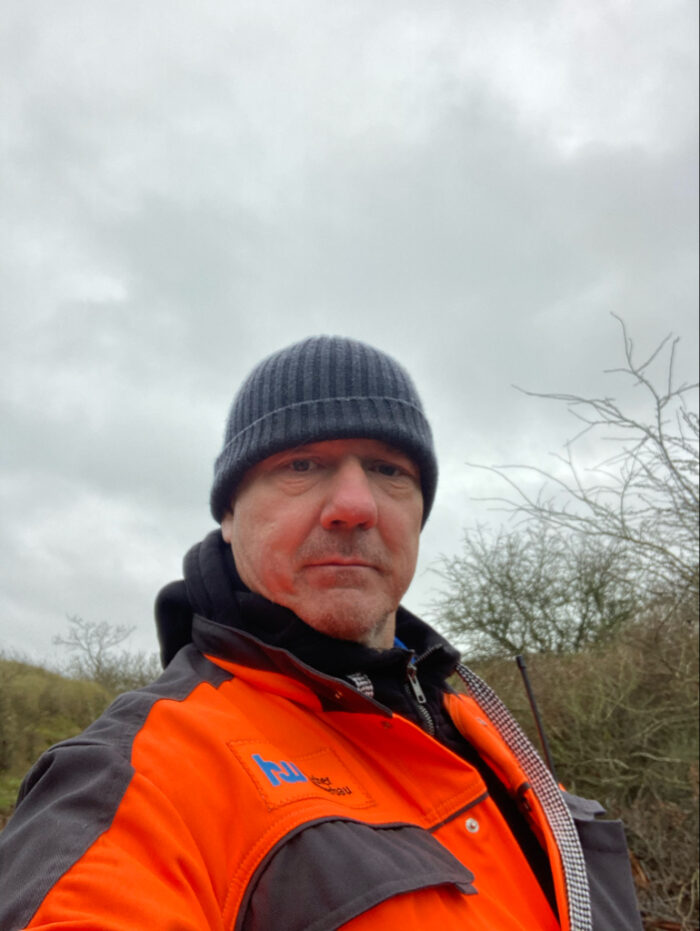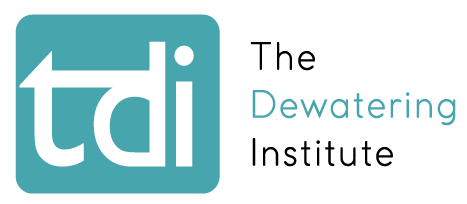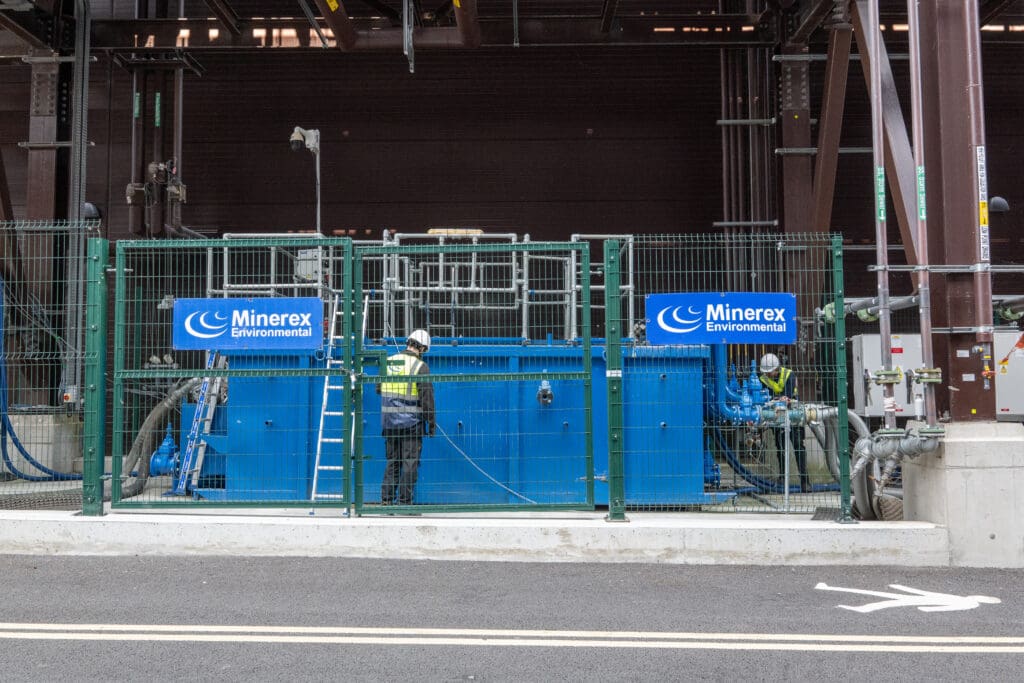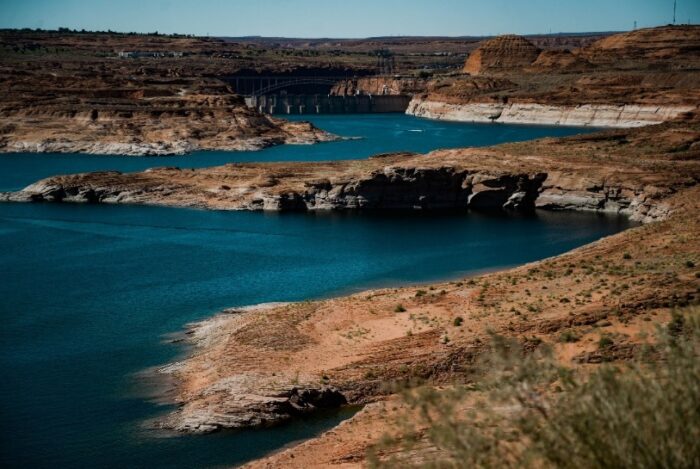As part of the The Dewatering Institute‘s commitment towards knowledge sharing, TDI is developing a series of monthly interviews of industry leaders, and professionals from different parts of the world. This month’s edition features Joe Dreissiger from Hoelscher.
Share a bit of your background: tell us about your dewatering history and how you got into the industry?
I’ve been involved with groundwater management since I graduated from university, working in different facets of the industry. I was in consultancy for about 20-22 years, working on the jurisdictional part of things where I focused on specialised reporting and consulting with the waterworks and different 3rd party bodies that had something to do with groundwater; I found solutions to the problems they had. I actually have a background in hydrogeology which is exactly the opposite of what the focus is here within the company, or around a construction site.
When the possibility to work at Hoelscher came up about 8-9 years ago, I was at a huge advantage because I am aware of the complexities involved in the dewatering operation as a whole. Not the dewatering operation itself, but everything that it entails all around, including the hydrogeological impact there is on the environment outside the building site. And from a legal point of view, what the dewatering operation implies, and what kind of discussions need to be conducted with local authorities.
This made it a relatively smooth and flat learning curve for me to get into understanding the dewatering workings and how they operate. My advantage today is that I have comprehensive all round knowledge of how the dewatering operation needs to be designed and conducted. And, when in discussions with 3rd parties, a further understanding of exactly what that dewatering operation can superimpose on those living around the construction site. This understanding of the issues that surrounding communities will face means that I can feel the impact that the operation will have on them even before I go into the discussion, so it makes it easier for me to find compromise.
“For each catchment basin there is a certain amount of extraction and reinfultration that takes place to maintain the environment.”
In your opinion, what has been the biggest development in the industry through the years?
The necessity to conceptualise sustainably. For example, in areas where water isn’t sustainably recharged by rainfall, or other forms of recharge, to conduct dewatering operations in such a way as to create opportunities for recharging water supplies. Such an opportunity would be through reinjection so that, even though the dewatering process will lower the water table within the site, there will be no net loss of groundwater from the overall hydrological system.
What are the biggest challenges that you’ve seen in the industry over the past few years, and what do you see as potential challenges in the future?
Climate change. The requirement in the future in certain areas, at least here in Germany, is to apply permanent dewatering installations. To be able to regulate groundwater levels in those areas where, due to heavier rainfall as a result of climate change, water tables in total will rise. So we need to compensate that through implantation of permanent dewatering systems, the water gained there or extracted there will not be allowed to just be taken out of the systems. We’ll have to find recharge methods of redistributing the extracted water into the system in such a way that the overall balance is neutral. However, in those areas where I do infiltrate there isn’t excessive groundwater level rise either.
Within the next 10-20 years we will really feel the pinch with climate change, it’s not just sea water levels that will be rising. The fact will be that groundwater flow towards the sea will just decrease and if you can’t compress water it will begin to rise. The amount of water in the whole hydrogeological system won’t change and we won’t physically be able to destroy water. But what do we do with those excessive amounts that will be found in many areas of the world, how will we manage that water will be a challenge.
I think next to the classical dewatering operations themselves, dewatering companies more and more in coastal regions will be required to build large systems to regulate water, groundwater flow and groundwater levels. I think our job will change slightly in its nature, it’ll be less classical and more large regional groundwater management plans to mitigate the groundwater level rises instigated by climate change.
Can you mention 1 or 2 memorable moments if you had to think back over the years?
The Munich West Project. We compacted the surface for a deeper groundwater extraction scheme, which enabled for the first time, a multi story car park with 5 levels to be constructed near to a groundwater dependant surface river. It involved very complex planning and consultation with the regional government, difficult construction and complex monitoring.
The dewatering wells were placed with their filter screens already connected, not only at different depths, but in different hydrological systems, to not only lower the groundwater but also to decrease the pressure head on deeper artesian aquifers. All while not affecting the river negatively and altering groundwater levels in the immediate surroundings of the abstraction site.
What would you recommend to the new generations coming into this industry and why?
To have an in-depth understanding of the background of what I said earlier about climate change, before you start to gain experience in overall groundwater dynamics and groundwater management on a large scale.
The dewatering itself can be learnt in the webinars given by TDI. You don’t necessarily get the required experience in a dewatering company. Gain your first 5 years experience outside by gaining experience on the overall picture and then focus on the dewatering.
What’s the best piece of advice that you would give a younger version of yourself?
Certainly to have studied geology, but also to combine it with civil engineering so that I would’ve gotten more out of the traditional groundwater hydrogeology sector, and then been able to combine it with engineering practice and experience. It would’ve put me in a completely different position when it comes to different situations, and how dewatering needs to take place in those situations. Many have experience in one or the other but very few have experience in both. That combined experience is what you need to gain a good profile in this industry.
Over the last few years in dewatering, I have often run into problems that made me see that I am missing the core competence in some civil engineering subjects. Having both would have made things so much easier. You can study them separately but you can’t study what we do. If you want to call yourself a dewatering engineer you need both sides of the coin, which is where TDI comes in as a niche area.
There are constant changes in legislation from the government and the industry, are there any areas where you consider the legislation to be weak or on the other hand too strong?
Well with the regionals, it will only work if everyone works together. One example is the dam on the Nile, in this case the surrounding countries need to cooperate on a large hydrogeological scale. The only way to mitigate this will be to work together. There’s no national way forward, it’s international on a continental scale.
Any nice words about why TDI is important?
Exactly what we were talking about before, it can function as an instrument to promote the overall education of everything required for dewatering, and it can act as a body to participate in that process that will be required in the very near future to mitigate climate change. I think that’s where I can see that TDI will find its place very easily in that particular discussion in the future.
Climate change will result in a complete imbalance of the groundwater equilibrium that has built up over historic and geological time, and we need to find methods of bringing that balance back under altered climatic conditions. That is going to be our biggest future challenge and we will need to do it through both de- and re-watering. I always say that in the future we will need to “rewater”, not only dewater.

To keep up to date with the latest industry news and our monthly interviews with industry professionals, subscribe to our newsletter and follow us on social media. Join the TDI community by becoming a member now!







